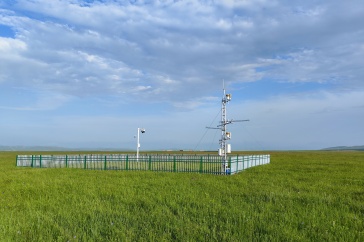Leaders from across the globe have convened in Paris for COP21, the United Nations’ climate summit, where they are working toward a “strong climate agreement.” Here at UNH, several experts took time this week to share their insights and discuss what they hope to see come out of COP21.
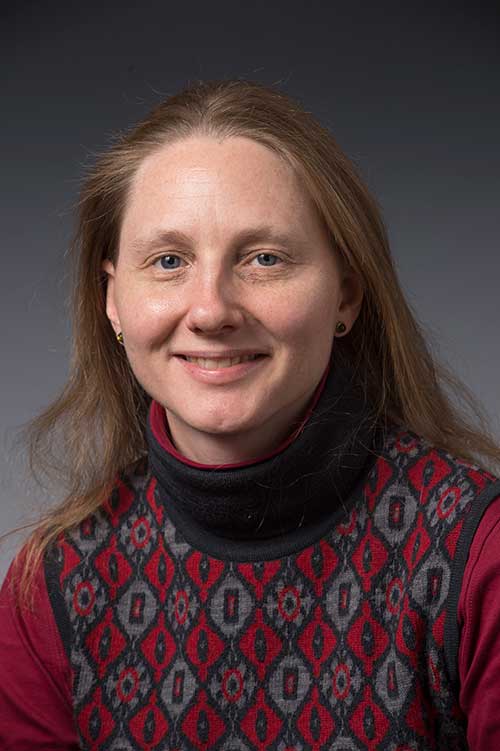
“Echoing comments from Ban Ki-moon, the U.N. secretary-general, I am looking for an agreement in Paris that is durable, flexible, demonstrates solidarity and is credible,” notes Catherine Ashcraft, assistant professor in the department of natural resources and the environment.
She specifies: “The agreement can be durable by providing vision for a decarbonized future that sends a strong signal to businesses that this transformation is already taking place. The agreement needs to be flexible by accommodating the different circumstances of countries, their varying experiences with implementing and reporting greenhouse gas emissions reductions and changes in the global economy. The agreement should demonstrate solidarity with the countries most vulnerable to the impacts of climate change and least able to adapt by developed countries demonstrating leadership on financing commitments and technology transfer, by following through with pledges to commit $100 billion annually by 2020 to climate adaptation and mitigation projects in developing countries.”
Jeannie Sowers, associate professor of political science, has similar hopes.
“I would like to see climate justice taken seriously. To do this, the leaders of advanced industrialized countries need to further recognize that poor populations in poor and developing countries already bear the brunt of the negative impacts of climate change and will continue to do so,” Sowers says. “Wealthy countries should fully fund the 2009 Copenhagen pledge, led by then-secretary of state Hillary Clinton, to create a substantive compensation fund to help developing countries lower their greenhouse gas emissions and adapt to climate change.”
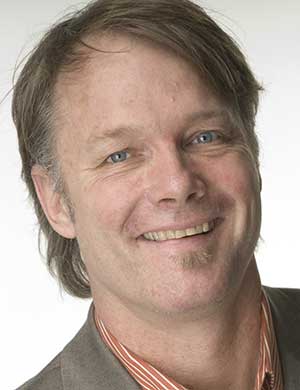
Catherine Ashcraft and Cameron Wake, Earth Systems Research Center professor and the Josephine A. Lamprey professor of climate and sustainability at the UNH Sustainability Institute, discussed what this week's U.N. Climate Change Conference means for New Hampshire on NHPR's "The Exchange" earlier this week.
Ashcraft, who also conducts research through the New Hampshire Agricultural Experiment Station, adds, “The world will also need to provide additional commitments after 2020 through a combination of contributions from developed countries, developing countries that are able to contribute, such as China’s commitments through South-South cooperation on climate change, and public-private partnerships, such as the recently announced Mission Innovation, including $20 billion in investment in clean energy innovation from 20 developed and developing countries and additional billions from 29 private investors from 10 countries, including Bill Gates.
“Finally, while current emissions pledges are insufficient, the agreement needs to provide a credible framework for limiting the most significant impacts of climate change. Negotiators can do this by creating a mechanism for review and revision in which countries’ progress is open for scrutiny by an implementation committee and countries can increase their ambition over time in response to new scientific information, experience with implementation.”
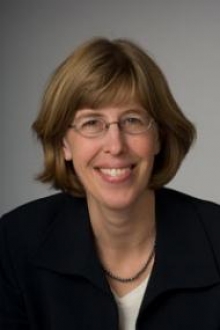
Sowers would like to see governments agreeing on measures encouraging energy companies to invest in renewables.
“One of the most effective policy tools remains a tax on carbon emissions, which allows private- and public-sector firms to adapt in their own ways, cost-effectively,” she says. “Polluting the atmosphere with greenhouse gases should have a price. The revenues from carbon taxes could help fund compensation funds for the poor in developing countries, who suffer from the consumption of fossil fuels by those better off.”
Lawrence Hamilton, professor of sociology and Carsey School senior fellow, notes, “Climate change presents global challenges, but one that’s close to home is the intense, ideologically based opposition within the U.S. fighting against efforts to reduce pollution or fossil fuel burning. Some politicians have already announced their intention to block U.S. participation in any international agreement, so instead of taking global leadership we drag others down. I hope that the Paris discussions lead not just to governmental agreements but also help build public awareness of what scientists well know: Climate change is a physical reality, and the outlook gets worse the longer we don’t act.”
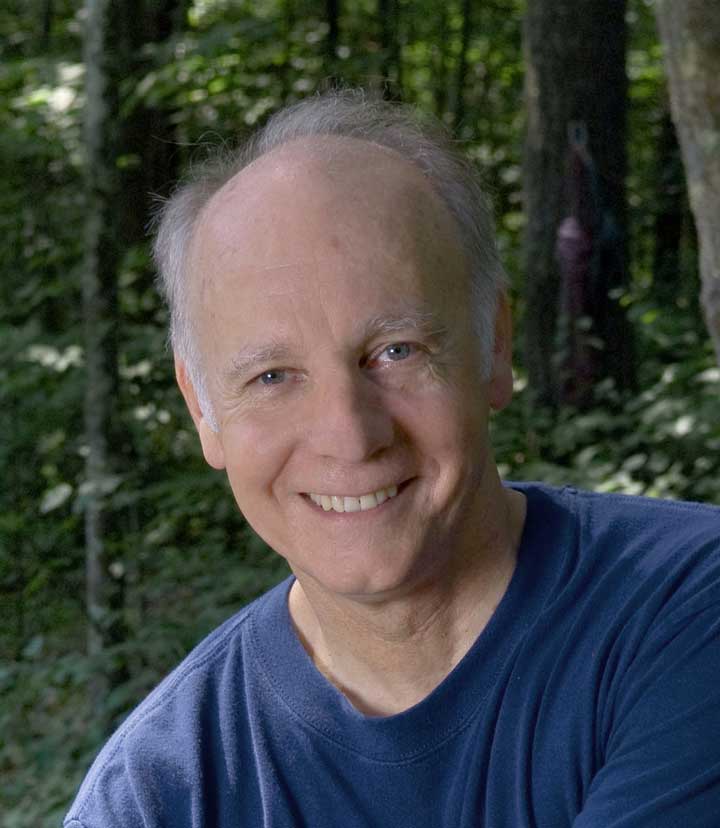
In the Middle East, where Sowers’ conducts her research, the negative impacts of climate change “are already empirically documented: hotter summers and rising heat-related deaths; destruction and casualties from flash flooding; long-term drying and more frequent, prolonged and intense periods of drought, causing population displacement and suffering; crops and livestock failing to thrive with rising temperatures, water scarcity and soil degradation; new vectors of disease, such as malaria-bearing mosquitoes; erosion and flooding of heavily populated coastal areas, particularly in areas like the Nile delta.”
She points to the need for nations to adopt industrial policies that encourage investment in renewable energy: “In the Middle East, solar and wind power has significant potential for growth, and several large-scale solar and wind-powered energy plants have come on line in recent years. We can move to clean energy much more quickly than we think. Even if the transformation to less carbon-intensive energy sources were to happen, however, damage from climate change is well underway, and thus adaptation is terribly important for vulnerable populations.”
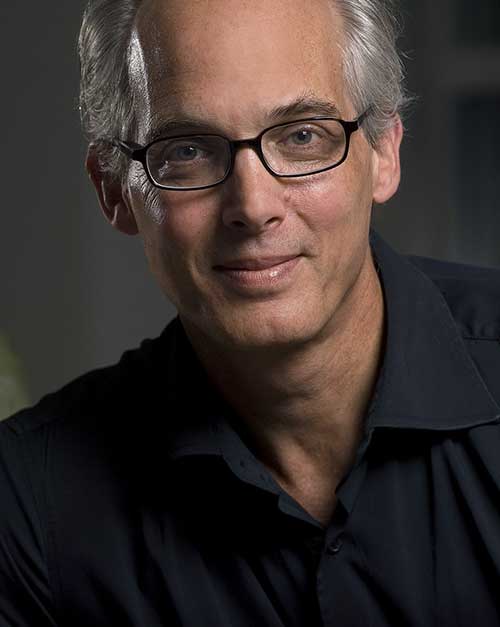
“In terms of what comes out of Paris, that is largely already determined as governments submitted their voluntary targets and plans months ago, and no one actually believes that the projected cuts based on those voluntary plans reflect what is required to stay within the goal of limiting climate change to two degrees Celsius,” explains Tom Kelly, UNH’s chief sustainability officer and executive director of the UNH Sustainability Institute.
“At the same time, COP21 is part of a triad of international processes that are defining the official sustainable development agenda for the UN system and its members. The sustainable development goals, adopted in September and the so-called Addis Ababa Action Agenda from the international finance for development conference in Ethiopia in July, fit together to describe the paradigm in which official international sustainable development activities take place. While there are many legitimate criticisms of each of these three components, they nonetheless together reflect the changing politics and growing accountability of governments and international organizations to adequately respond to the growing crisis and opportunities of climate change and sustainability.”
Kelly says what he hopes to see come out of Paris “is a major boost of momentum, inspiration and resolve for activists, change agents, innovators and early adapters to continue to push for the transition that we need to avoid catastrophic climate change.
“While the Paris agreement will fall short of what is needed, it nevertheless reflects the state of climate change politics that have shifted significantly due to continued clarity of the science and mounting pressure that has resulted from the extraordinary mobilization of the climate change movement and extraordinary leadership from all kinds of people in all kinds of places from UNH and its climate action plan (WildCAP) to Pope Francis. The next phase of the transition to sustainability is under way.”
-
Written By:
Jennifer Saunders | Communications and Public Affairs | jennifer.saunders@unh.edu | 603-862-3585


















































